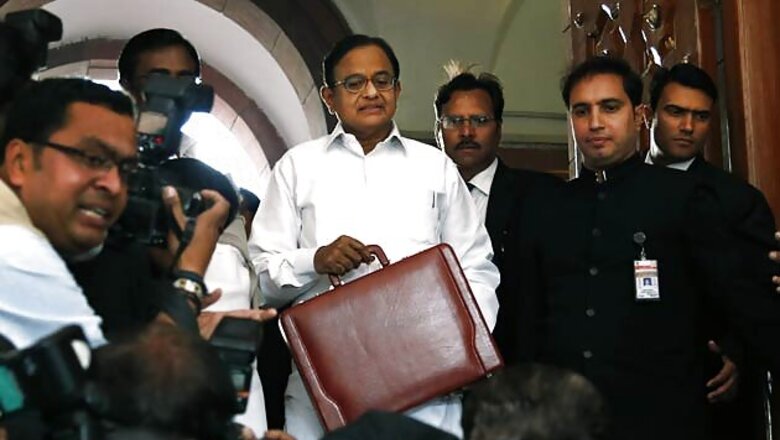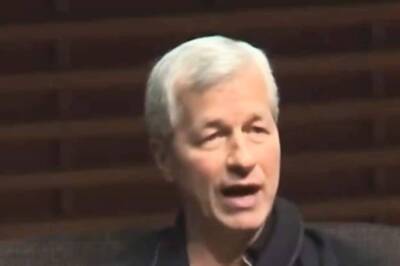
views
New Delhi: In a marked shift from quoting words of ancient Indian economist Kautilya and Shakespeare by earlier Union Finance Ministers, P Chidambaram chose to quote from the contemporary economist Joseph Stiglitz in his Union Budget proposals on Thursday. Presenting the Union Budget for 2013-14 in Parliament, Chidambaram also quoted his favourite poet Tiruvalluvar towards the end of his Budget speech after referring to Stiglitz in the beginning.
"There is a compelling moral case for equity; but it is also necessary if there is to be sustained growth. A country's most important resource is its people," Chidambaram quoted Nobel prize-winning economist Stiglitz as saying, while stressing on the need for inclusive economic growth. Just before ending his speech, Chidambaram said the government's work would be seen in its action and quoted his favourite poet, Saint Tiruvalluvar: "What clearly eye discerns as right, with steadfast will. And mind unslumbering, that should man fulfil".
Chidambaram, who presented his eighth Union Budget on Thursday, has quoted Tiruvalluvar in the past too, while many of his predecessors in the Finance Ministry have quite often quoted Kautilya in their budget speeches. "I must be cruel only to be kind," then Finance Minister Pranab Mukherjee had quoted Hamlet, Prince of Denmark, from Shakespeare's famous play, while delivering his budget speech in 2012. Mukherjee was talking about tough policy decisions he needed to take for the good of economy in the long run.
In the past, Mukherjee has quoted Kautilya's Arth Shashtra, an ancient Indian treatise and still a masterpiece on rules of economics, during his annual budget speech for 2009-10, interim budget in July 2009, as also while reading out budget proposals for the fiscal year 1984-85. Kautilya, widely known as pioneer of economics in India, was also quoted by Yashwant Sinha in 1999-2000 as the then Finance Minister in the NDA government. Kautilya was prime minister in court of King Chandragupta Maurya, a contemporary to Alexander, in fourth century BC.
####

















Comments
0 comment